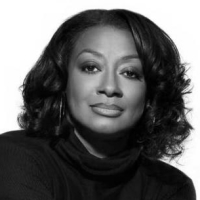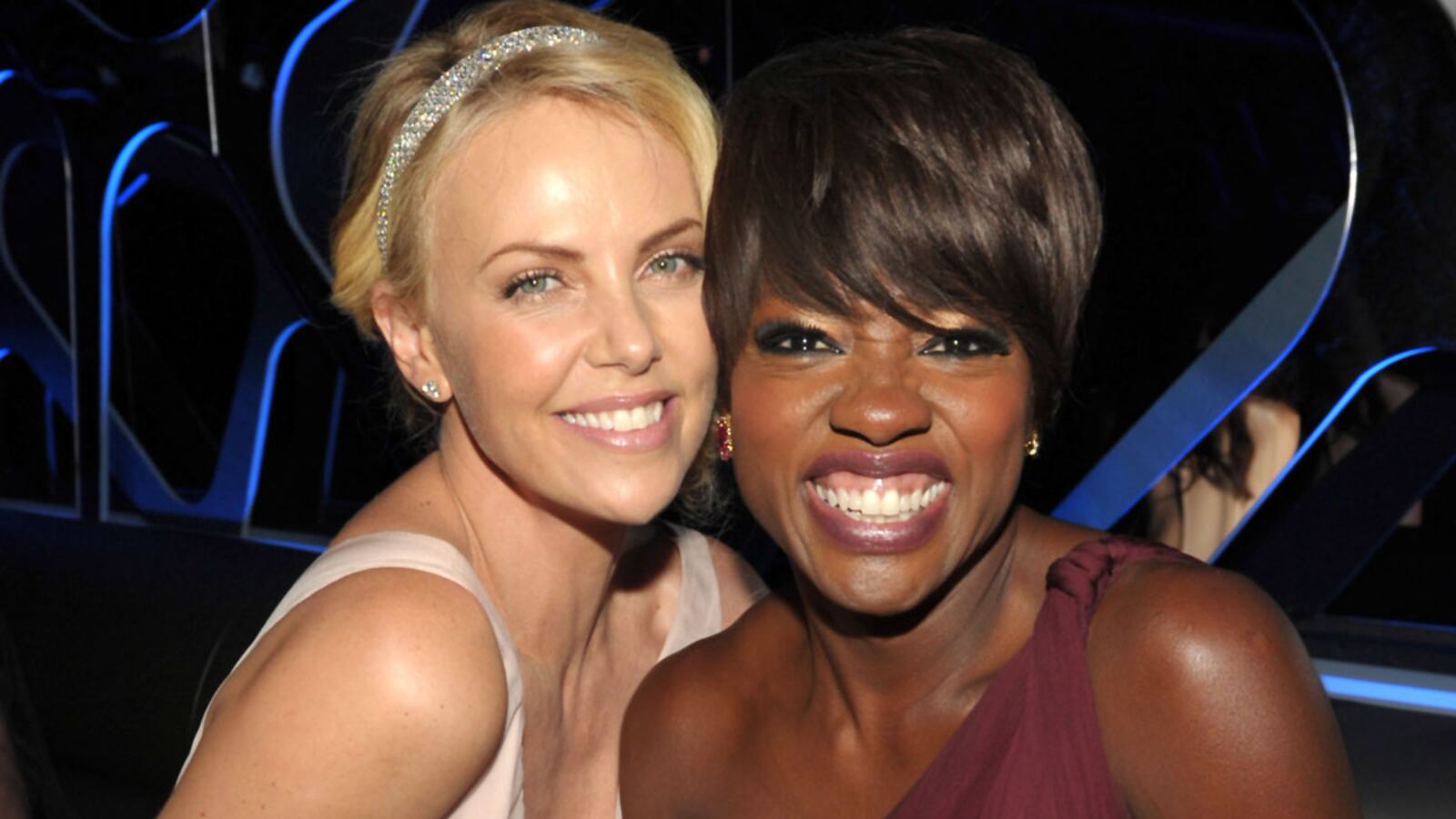Charlize Theron surely meant no harm. The actress genuinely thought she was complimenting fellow thespian Viola Davis during this year’s Newsweek Oscar roundtable when she told Davis, “You’re hot as shit.’’

Their exchange revolved around Davis’s comments on finding work as an African-American actress. Davis, who has won praise for her starring role in The Help, was attempting to explain the difficult plight of being black and female in the movie industry. “I’m a 46-year-old black woman who really doesn’t look like Halle Berry, and Halle Berry is having a hard time,” said Davis.
No doubt hoping to forge a sisterly bond, Theron rushed in to reassure Davis that she was indeed “hot’’ and naively implied that a simple change of attitude would make a world of difference. Her exact words—“You have to stop saying that, because you’re hot as shit.’’
How sweet of Theron to say, and how thoroughly misguided and offensive as well. Davis was honestly confronting a number of painful and complicated issues faced by many women of color in Hollywood today—issues Theron (who was born in South Africa to parents of European descent) more than likely has never encountered and would have done well to listen to. The Oscar roundtable was the perfect forum for such a discussion, and yet Theron’s verbal charity managed to downplay the importance of Davis’s point. What difference does it make if Davis stops speaking a truth if the reality remains?
In Hollywood, where even legendary filmmaker George Lucas had to fight and ultimately use his own money to get an all-black film (Red Tails) made, black actresses still struggle to find quality work. When they do, they are rarely cast as ideals of beauty or objects of desire. On the odd occasion that they are, only a certain look will do. Berry, who is biracial, has long been viewed as Hollywood’s most beautiful black actress, and some would argue that much of her success is based on that belief. Apparently Theron didn’t get the memo that mainstream culture strictly dictates what beauty is—and by those narrow standards, Viola Davis doesn’t fit the bill. Has Davis graced the covers of any of the beauty and fashion magazines that Theron lands with ease, whether she has a project or not? She hasn’t. Davis’s only covers on major publications such as Entertainment Weekly and The Hollywood Reporter also featured her costars from the film or George Clooney. Her “hotness” was apparently not enough to warrant a solo appearance despite the fact that she may soon snag her second Oscar nomination for The Help. The reasons for this are as varied as they are disturbing, and Theron’s overly simplistic advice only underscores the lack of understanding many have around a reality they either don’t comprehend or don’t fully appreciate.
Davis’s work has been consistently stellar throughout her career, yet her most celebrated role to date may just be that of a maid to a white family during the ’60s in the Deep South. Some viewed The Help as another stereotypical representation of black life, but Davis still found a way to shine in her work. Diverse and well-defined parts such as the ones Theron enjoys—a ruthless killer in one film, a dying woman in love in another—aren’t offered to Davis, nor are well-paid endorsement deals with Christian Dior. In the world Davis lives in, you take a role like the one of Aibileen in The Help because you’ve long given up on the notion that more balanced, nuanced parts about women who look like you are on the horizon. You understand that even in major films that feature African-American male stars, you may not get to costar as the wife, girlfriend, or partner because big studios get more “bang for their buck” when the female is of another race.
As one studio executive pointed out, “black man, black women, black kids equals black movie.” So when Will Smith does a film like Hitch, Eva Mendes gets to play his love interest and not Viola Davis. As well meaning as Charlize Theron is, she has no clue what it means to be a dark-skinned African-American woman whose beauty is seldom showcased in national commercials for perfumes or on mega billboards on Sunset Boulevard or even celebrated in the latest video by the hottest rappers. In the world Theron lives in, simply not saying something makes it go away. In Davis’s world, it doesn’t.






